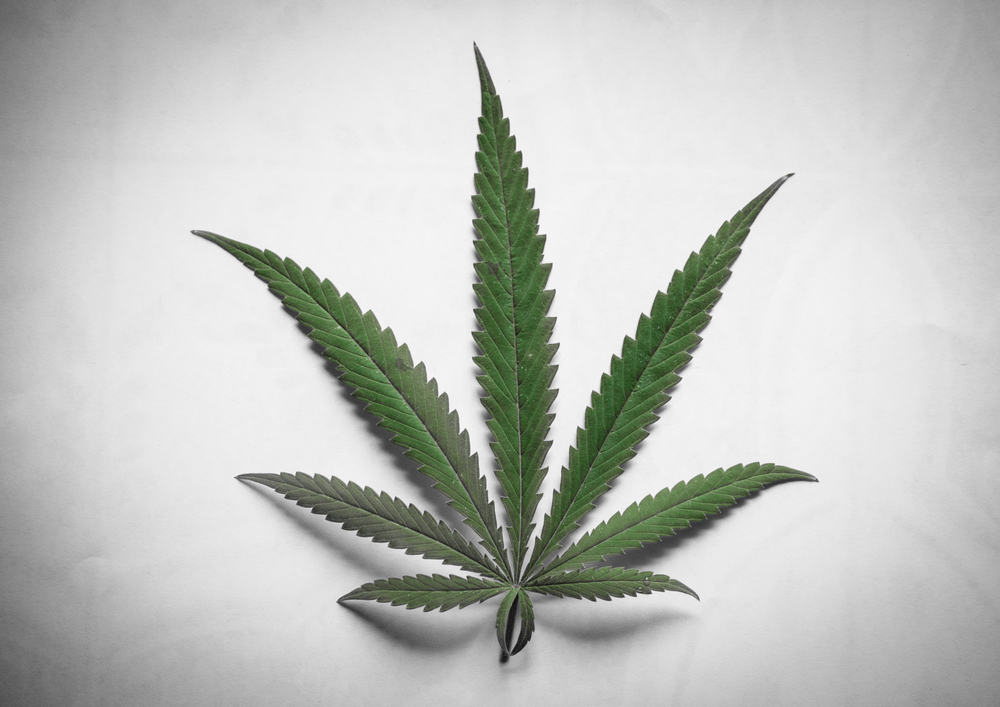Study links depression and drug use to later synthetic cannabinoid use
A new study suggests that people who drink alcohol, smoke marijuana, or show symptoms of depression are more likely to use synthetic cannabinoids a year later.
The study, which is the first prospective examination of synthetic cannabinoids (SCs), was published in the medical journal, Pediatrics. It is also the first to assess whether the use of marijuana is predictive of the use of synthetic cannabinoids, or vice versa. According to one of the study’s senior authors, clinical psychologist, Jeff Temple, marijuana is the most commonly used drug in US high schools, and knowing how this illicit drug affects future SC use is vital in developing programs for prevention and intervention.
Mr Temple observed that SCs were popular among teenagers and young adults because they were easy to get hold of, were affordable, featured attractive packaging, were commonly perceived to be legal, and could not be detected in urine drug tests.
The participants of the study numbered 964 high school students. They were asked to complete surveys that collected data about synthetic cannabinoids, the use of alcohol, marijuana, and other substances, as well as depression symptoms, the students’ impulsiveness levels, and demographics. A year later, the students were given the same survey to complete again.
The researchers found that symptoms of depression were predictive of later use of SCs, but anxiety and impulsivity were not. This suggested that depression might be a factor in people using SCs later in life.

